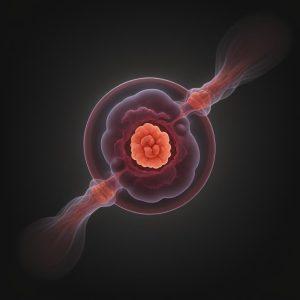
Gall Bladder Cancer
Understanding Gall Bladder Cancer.
Gall Bladder Cancer originates in the tissues of the gallbladder, a small organ located beneath the liver. It often starts with the formation of gallstones, which can lead to inflammation and, in some cases, cancerous growths. Early detection is paramount for effective treatment, and our team specializes in diagnosing and managing Gall Bladder Cancer with precision and compassion.
Causes.
- Gallstones:
-
- The presence of gallstones is a significant risk factor for Gall Bladder Cancer.
- Chronic Inflammation:
-
- Conditions such as chronic inflammation of the gallbladder can increase the likelihood of cancer development.
- Age and Gender:
-
- Gall Bladder Cancer is more common in older individuals and women.
- Lifestyle Factors:
-
- Certain lifestyle habits, such as obesity and a high-fat diet, may contribute to an increased risk.
Recognizing these causes empowers individuals to take proactive steps toward prevention and early detection.
Symptoms.
Gall Bladder Cancer may manifest with symptoms such as:
- Abdominal pain, particularly in the upper right portion
- Jaundice
- Unexplained weight loss
- Nausea and vomiting
How Bangalore Gastro Centre Can Assist You.
Early Detection and Diagnosis.
Utilizing state-of-the-art diagnostic techniques to identify Gall Bladder Cancer at its earliest stages.
Tailored Treatment Plans.
Crafting personalized treatment strategies tailored to your unique medical needs and preferences.
Comprehensive Support.
Providing unwavering support and guidance throughout your treatment journey, ensuring your physical and emotional well-being.
Results.
Timely intervention is crucial in effectively managing Gall Bladder Cancer. Regular screenings and proactive healthcare measures are key to achieving favorable outcomes.
Potential Complications.
Without proper treatment, Gall Bladder Cancer can lead to serious complications, including liver damage, jaundice, and metastasis to other organs.
Prevention.
Adopting a healthy lifestyle, maintaining a balanced diet, and attending regular check-ups can significantly reduce the risk of Gall Bladder Cancer.
Meet Our Expert Gastroenterologists.
Our esteemed team of gastroenterologists specializes in Gall Bladder Cancer care, providing unparalleled expertise and compassionate care to each patient.
Contact Us.
For appointments and inquiries, please contact us at:
- Tel: 080-4688-8888
- Email: info@bangaloregastrocentre.com
- Visit our website www.bangaloregastrocentre.com for more information and to schedule a consultation.

